Michael Gove was deployed to the Commons on Monday afternoon to answers questions on the ministerial code, an hour-long appearance in which he was (inevitably) asked about that day’s Daily Mail splash: ‘Boris: Let the bodies pile high in their thousands’. An awkward question for any minister to handle, you might think, but the oleaginous Gove just about got away with it. Asked directly about the reports, the Cabinet Office minister gave a lengthy reply which contained this key passage to wriggle out of trouble again:
Tens of thousands of people were dying. The Prime Minister made a decision in that meeting to trigger a second lockdown. He made a subsequent decision to trigger a third lockdown. This is a Prime Minister who was in hospital himself, in intensive care. The idea that he would say any such thing, I find incredible. I was in that room. I never heard language of that kind.
So an ‘incredible’ thing which Gove ‘never heard’ but no firm rebuttal of the charge – an instant classic of the ‘non-denial denial’ genre. The term comes from America and is commonly attributed to Washington Post executive editor Ben Bradlee who made his name in Watergate, the scandal which taught politicians everywhere that it’s the cover up, not the crime, which brings you down.
Here Mr S brings you his handy list of other famous recent examples of politicians giving ‘non-denial denials’ for the next time they find themselves in a tight spot:
The Tony Blair denial: ‘No plans’ for tuition fees
This non-denial denial serves to kick difficult questions into the long grass. It takes its name from Tony Blair’s statement before the 1997 election that ‘Labour has no plans to introduce tuition fees for higher education.’ The answer was accurate. The plans were not drawn up until after the election when tuition fees duly became law.
The Michael Heseltine denial: ‘No foreseeable circumstances’
Subtly distinct from the aforementioned Blair example, this one derives its name from the Tory assassin of Margaret Thatcher who claimed in 1990 he could ‘foresee no circumstance in which I would allow my name to be put forward for the leadership’ until, err, there were. This differs in the extent to which ‘circumstances’ are blamed for determining an autonomous politician’s actions rather than any conscious decision.
The Ed Miliband denial: ‘Enough on my plate’
This denial serves as a dual purpose: batting away an awkward question while painting the politician as an industrious Stakhanovite. It comes from Ed Miliband who in 2008 was asked whether he would ever want to be Prime Minister, a question to which the then Energy Secretary answered: ‘I’ve got enough on my plate working towards Britain meeting its climate targets, getting an international deal and ensuring secure and affordable energy for people.’ Fast forward two years and he was urging voters to put him in No 10.
The Jeremy Corbyn denial: ‘Present but not involved’
Another Labour leader and another non-denial denial. This one takes the form of denying any involvement in the events surrounding you even if you have chosen of your own volition to be a part of them. It comes from Jeremy Corbyn in September 2018 when asked about a wreath-laying ceremony he was pictured attending in 2014 for individuals behind the group that carried out the Munich Olympic massacre. Corbyn’s line: ‘I was present at that wreath-laying, I don’t think I was actually involved in it’ became an instant classic of the genre.
The Michael Gove denial (again): ‘I don’t know’
Back in March 2016 The Sun splashed on the claim that: ‘Queen backs Brexit’ based on several occasions in which she was alleged to have expressed Eurosceptic views. The finger of blame quickly fell on then justice secretary Michael Gove who told reporters: ‘I don’t know how the Sun got all its information and I don’t think it’s really worth my adding anything to what’s already been said.’ A source ‘close’ to Gove told the BBC: ‘Michael did not brief this story’ which as the broadcaster noted dryly: ‘appear to reject the idea that Mr Gove actively sought to get the story reported, but do not rule out the possibility he was an inadvertent source.’
Got something to add? Join the discussion and comment below.
Get 10 issues for just $10
Subscribe to The Spectator Australia today for the next 10 magazine issues, plus full online access, for just $10.


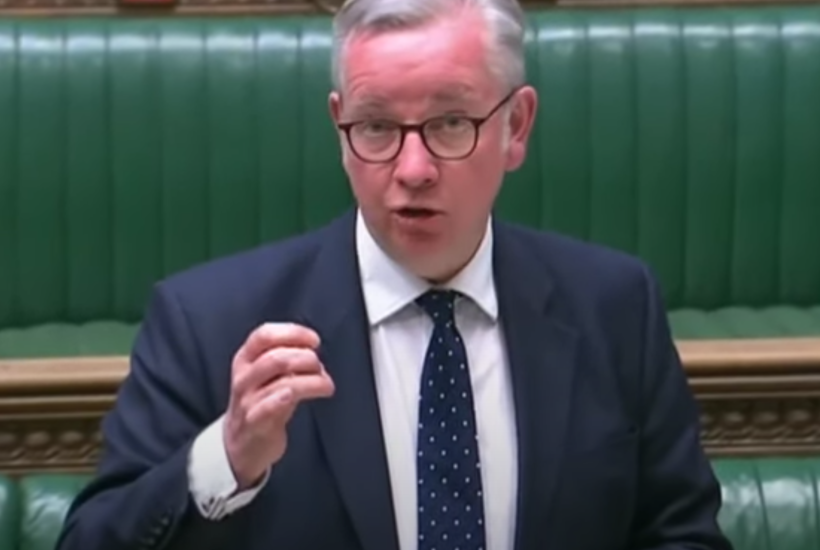
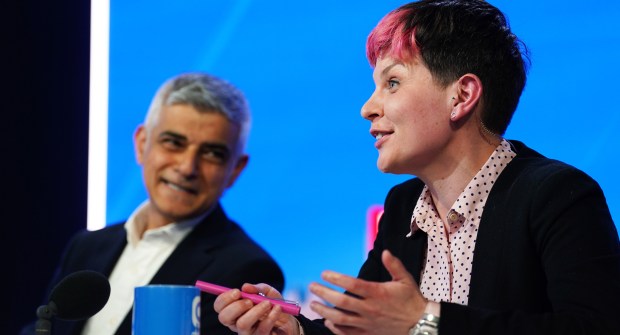

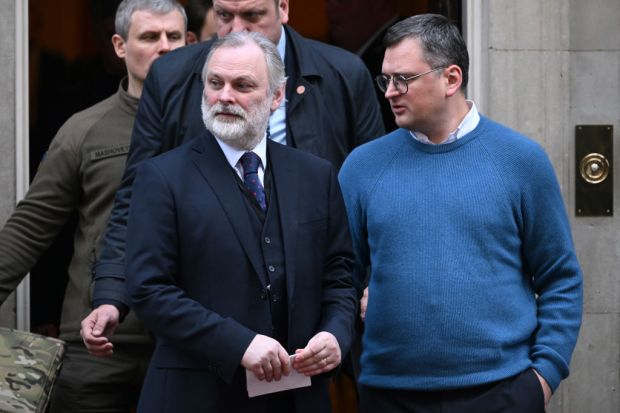
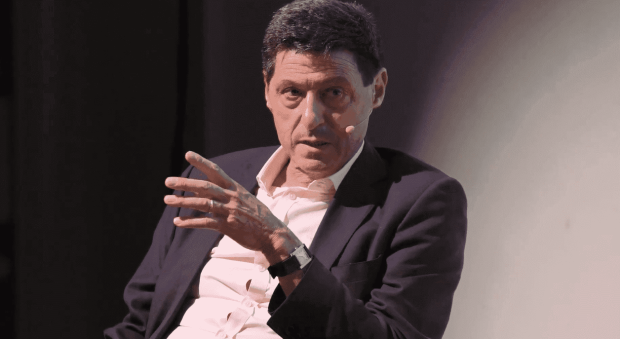

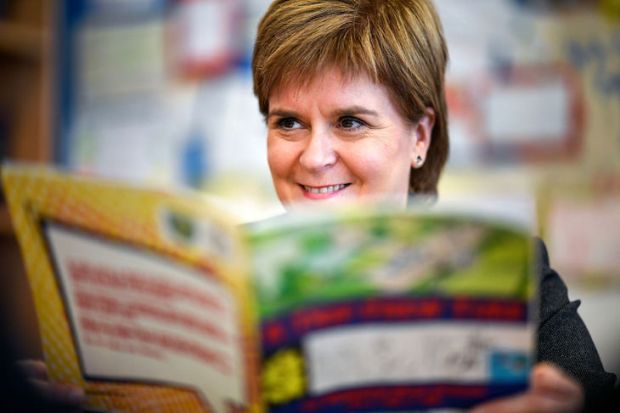












Comments
Don't miss out
Join the conversation with other Spectator Australia readers. Subscribe to leave a comment.
SUBSCRIBEAlready a subscriber? Log in